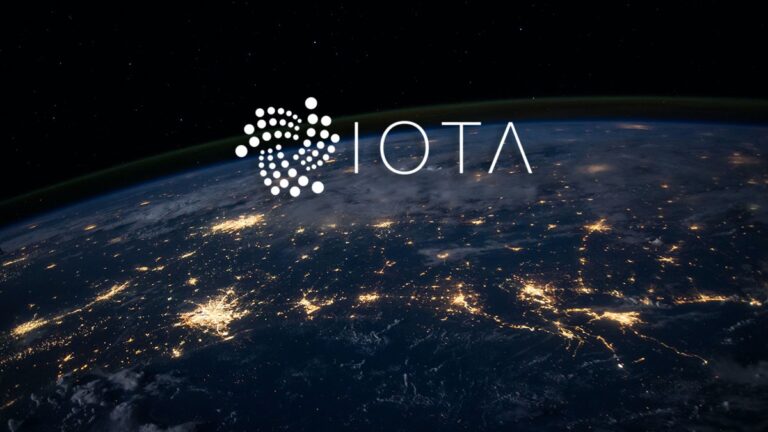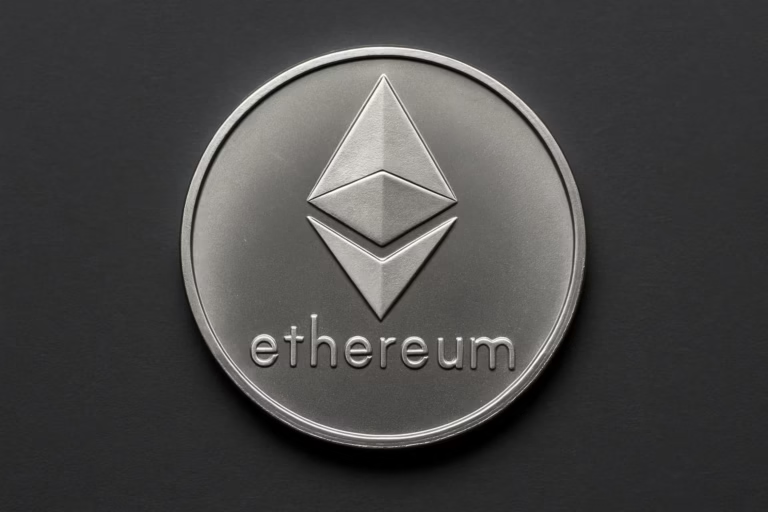
- El Salvador’s ambitious Bitcoin experiment is losing momentum, with 89% of its registered Bitcoin service providers now inactive, raising concerns about the sustainability of its crypto ecosystem.
- Despite this setback, President Bukele is shifting focus toward transforming the country into a regional tech hub through AI investments and infrastructure projects like the Bitcoin City Airport.
El Salvador made history in 2021 by becoming the first country to adopt Bitcoin as legal tender. Fast forward to 2025, and the bold crypto experiment seems to be running out of steam. Recent data from the Central Reserve Bank (BCR), reviewed by EFE, reveals that a staggering 89% of the nation’s registered Bitcoin service providers are now inactive.
Only 20 Bitcoin Companies Still Standing
Out of 181 registered Bitcoin providers, only 20 remain active. The rest—161 firms—are listed as non-operational. Some of these, at least 22, reportedly failed to meet essential compliance obligations under Article 4 of the Bitcoin Law Regulations. These include maintaining anti-money laundering programs, proper financial recordkeeping, and cybersecurity measures.
The few active players include the government-backed Chivo Wallet, Crypto Trading & Investment, and Fintech Americas. This sharp drop in participation casts serious doubts on the long-term viability of El Salvador’s Bitcoin ecosystem.
A Shift in Government Strategy
Initially, President Nayib Bukele’s administration aggressively promoted Bitcoin adoption, even mandating its acceptance in businesses across the country. But after securing a $1.4 billion deal with the International Monetary Fund (IMF), the government rolled back those mandates. Bitcoin lost its legal tender status, and the state stepped back from enforcing its use.
🇸🇻President Bukele recently met at Casa Presidencial with the co-founders of Silicon Valley venture capital firm, Andreessen Horowitz: @pmarca @bhorowitz
Topics discussed include:
➡️Investment opportunities in El Salvador as an emerging regional tech hub focused on freedom… pic.twitter.com/WwQy0wkApY
— The Bitcoin Office (@bitcoinofficesv) March 2, 2025
Still, Bukele hasn’t abandoned Bitcoin entirely. Despite IMF recommendations, his government continues to purchase Bitcoin, with holdings now exceeding 6,100 BTC—worth over $500 million. Critics argue that this investment could threaten financial stability and strain relations with the IMF.
Looking Beyond Bitcoin: A Tech-Centric Future
As enthusiasm for Bitcoin cools, Bukele is shifting focus toward broader tech ambitions. He recently hosted Andreessen Horowitz co-founders Ben Horowitz and Marc Andreessen to explore AI investment opportunities. Their discussions centered on offering tax incentives and regulatory support to position El Salvador as a regional tech innovation hub.
In line with these efforts, the government has also started constructing the “Bitcoin City Airport,” officially known as Pacific Airport. This infrastructure project aims to eventually connect the ambitious Bitcoin City to the rest of the world.
While El Salvador’s crypto dream may be faltering, the country appears determined to reinvent itself in the tech space. Whether this pivot will succeed where Bitcoin faltered remains to be seen.
DISCLAIMER:
The views and opinions expressed herein are solely those of the author or advertiser and do not necessarily reflect the views of the publisher. The publisher does not endorse or guarantee the accuracy of any information presented in this article. Readers are encouraged to conduct further research and consult additional sources before making any decisions based on the content provided.




